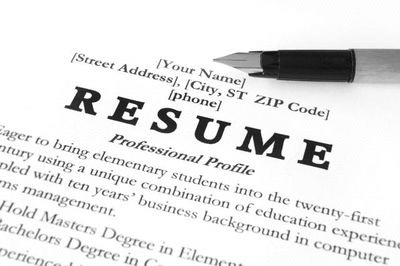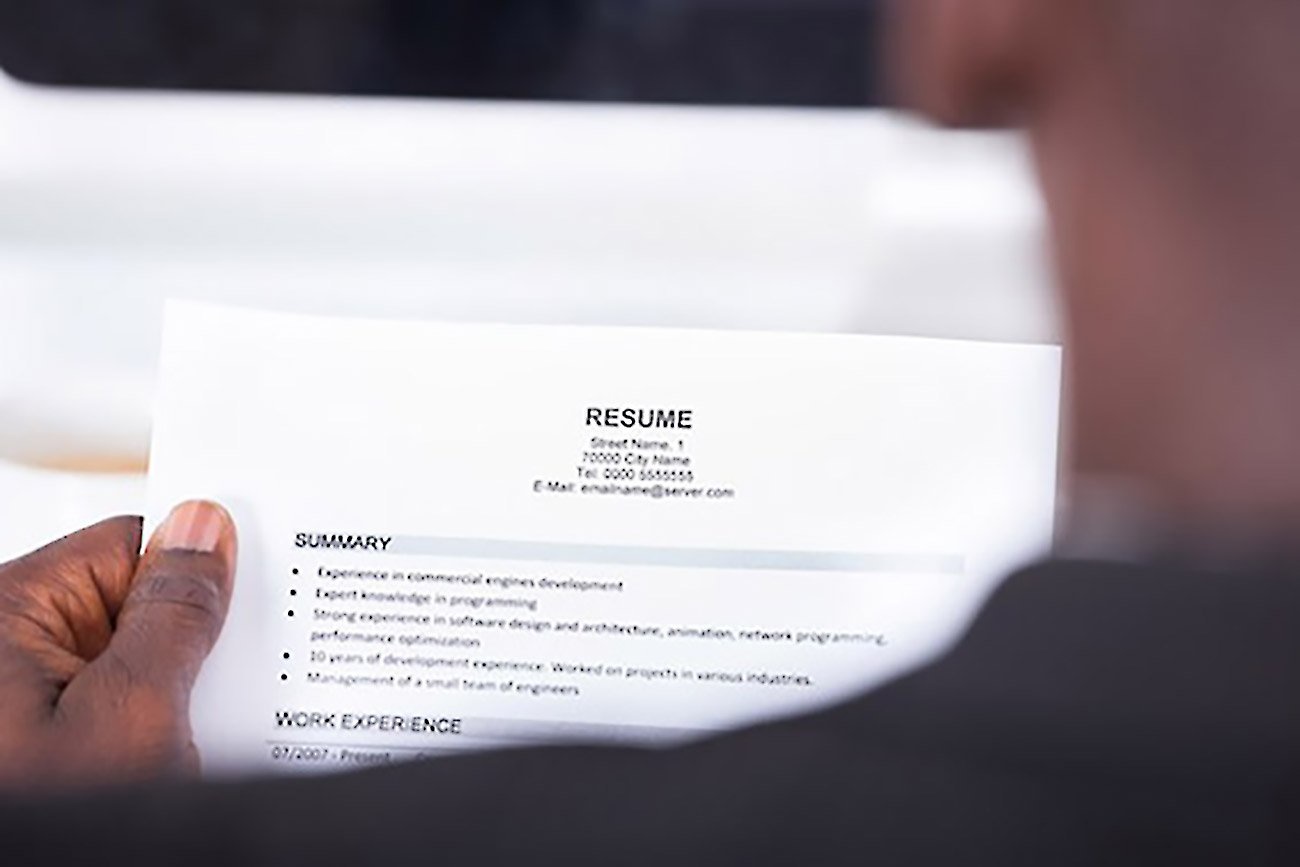
pixabay.com
We are always being told what to include on our resume, but there are things we ought to leave off as well. More is sometimes just more – not necessarily useful, and some items can be exhibited more clearly and concisely, as well as projected more professionally.
As per The Balance, “Recruiters can take as little as thirty seconds to conduct an initial review of your resume. You should avoid cluttering your document with unnecessary information which might make it harder for the employer to find the most qualifying elements of your background.”
Redo your resume by letting go of fillers and wording that doesn’t represent the best version of yourself and your accomplishments. Potential employers will be impressed with you before they even meet you in person!
 thriverecruits.com
thriverecruits.com
An Objective
Many resumes start off with an objective, which usually consists of a generalized statement that nearly anyone would agree is sensible, but not specific. “I’m seeking to grow with your company,” or “I will use my education and experience to excel at a new position,” are not particularly useful or give any indication of how you’ll add value to the business.
The Muse suggests an alternative. “Craft an executive summary or ‘Who I Am’ section that showcases your overarching value proposition and speaks directly to the stuff you know the target audience is going to care the most about. This is your chance to make it clear you’re a strong fit.”
This summary of qualifications, “encompasses your skills, abilities, professional expertise, and what makes you most suitable for the position,” as per The Balance.
“Big” Words
Stick to the facts of what you have done thus far using simple and straightforward language that gets the point across clearly. Now is not the time to show off your broad vocabulary or former spelling bee champ internal word database. All this will do is become a distraction, making your resume harder to read, not to mention, borderline obnoxious.
According to The Muse, “Using non-conversational words doesn’t make you look smart; it makes you look like someone who spends too much time in a thesaurus.”
Let your background speak for itself. If you need to adorn your experiences with “bells and whistles,” perhaps you need to rework how you layout your past responsibilities, so they reflect your work ethic and valuable skills and experience.
Insignificant Jobs
Depending upon how long you have been in the workforce, there may not be a need to list every job you’ve ever had. If you are applying for a senior-level position, those two months of scooping ice cream the summer after college aren’t going to sweeten the deal.
According toU.S. News & World Report, “Short-term jobs raise red flags for hiring managers, who will wonder if you were fired, couldn’t do the work, or had trouble getting along with co-workers. Plus, a few months on a job won’t typically be useful in showing any real accomplishments or advancement anyway.”
The Muse adds, “Unless something you did more than 12-15 years ago is vital for your target audience to know about, you don’t need to list the entry-level job or internship you held in 1994. It’s totally OK to leave some of the life history off.”
Personal Info
While a resume is all about you, it must be related to work experience specifically. This is not your mini-autobiography. Not only can adding non-professional info be “TMI,” but it may make your resume super-long and difficult to peruse.
For instance, asInc. suggests, “Don’t list hobbies on your resume–save these for interview conversation. And any awards you list should be from community service or previous work.” Even more importantly, “Don’t include things like date of birth, ethnicity, religious affiliations (unless the job you’re going for is somehow related), reasons for leaving your previous job, specific street addresses, or phone numbers of previous employers.”
Additionally, “Unless you’re applying for a job as a model or actor, photos of yourself have no place on your resume. Since your appearance has nothing to do with your ability to do the job, including a photo comes across as naive and unprofessional,” notes U.S. News & World Report. The interviewer will have plenty of time to see your face if you are asked to meet in person.
Silly/Unprofessional Email Address
If you still have that same email account from high school or college made up from a nickname or something silly, stupid, or scandalous, now’s the time to get a brand new professional email address. Start things off on the right foot without embarrassment or being passed over altogether.
As Inc. recommends, “gnarlydude56@yahoo.com,” may have been fun to use at one point in your life, but in the professional world, it’s a miss.
And perhaps an even worse idea is to use an email address from your current place of employment, as noted by The Muse. “Nothing says, ‘I job search on company time’ quite like using your current work email address on a resume. Unless you own the company, it’s poor form to run your job search through your company’s email system.”
If you still think your resume can use some fine-tuning and refreshing, let TopResume take care of your resume for you. Get a free expert review, career advice, or have them rewrite your resume for you. TopResume guarantees they will get you two times more job interviews within 60 days by signing up with one of theirresume packages.
Revamp that resume and get the job you’re seeking. Good luck!
 entrepreneur.com
entrepreneur.com











